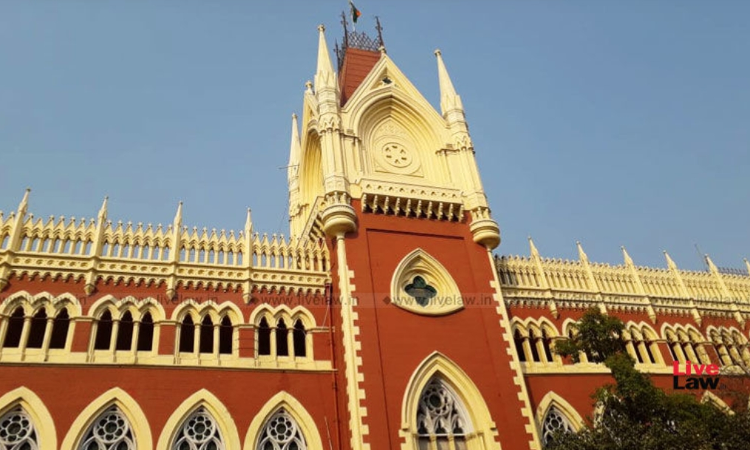Calcutta High Court Reserves Judgment In Plea Seeking Deployment Of Central Forces For Bidhannagar Municipal Polls
Aaratrika Bhaumik
9 Feb 2022 2:23 PM IST

Next Story
9 Feb 2022 2:23 PM IST
The Calcutta High Court on Wednesday reserved judgment in a batch of PILs seeking deployment of central parliamentary forces for the upcoming elections to the Bidhannagar Municipal Corporation. Elections to four municipal corporations – Siliguri, Bidhannagar, Asansol and Chandernagore are scheduled to take place on February 12, 2022 and the results for the four civic bodies will be declared...
